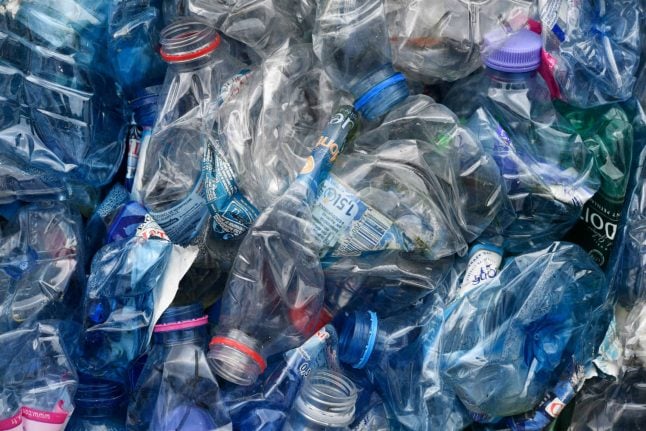Brune Poirson, secretary of state for ecological transition, said the move was one of several to be implemented in coming years, including a deposit-refund scheme for plastic bottles.
“Declaring war on plastic is not enough. We need to transform the French economy,” she told the Journal du Dimanche newspaper.
Under the new plan, products with recycled plastic packaging could cost up to 10 percent less, while those containing non-recycled plastic up to 10 percent more, Poirson said.
The government also aims to increase taxes on burying trash in landfills while cutting taxes for recycling operations, hoping to address the growing problem of tonnes of plastic finding its way into oceans.
In a sign of growing public awareness of the problem, France is among several countries hit recently by a wave of “plastic attacks” — where shoppers dump all the packaging of their purchases outside stores.
“When non-recycled plastic will cost more, that will eliminate much of the excessive packaging,” Poirson said.
France currently recycles around 25 percent of its plastic, according to the magazine 60 Million Consumers.
It has already outlawed single-use plastic bags in supermarkets unless they can be composted, hoping to encourage people to shop with their own bags.
The Carrefour and Leclerc supermarket chains have also said they will quit selling plastic straws in the coming months, ahead of a law outlawing them by 2020.
The European Commission also wants to sharply cut down on single-use plastic objects, announcing in May rules requiring the use of alternative materials and incentives for businesses.
Plastic production has soared more than 40 percent globally over the past 10 years, mainly for packaging.
READ ALSO: Mediterranean could become a 'sea of plastic', warns WWF



 Please whitelist us to continue reading.
Please whitelist us to continue reading.
Member comments